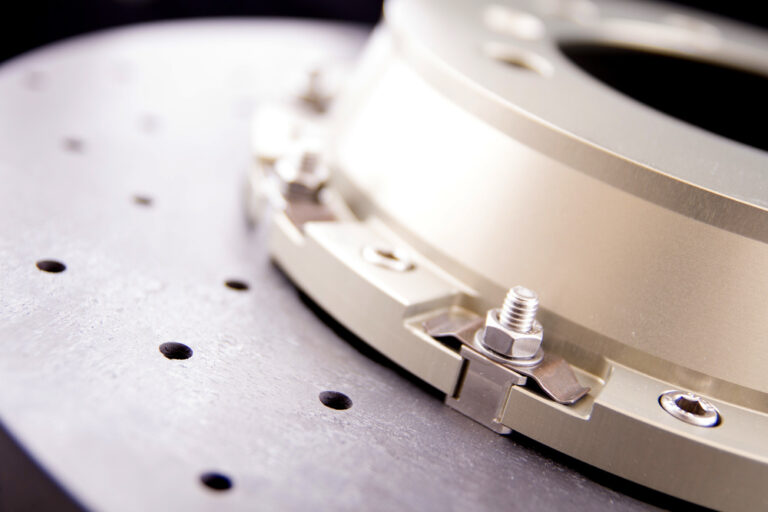A subtle realignment is underway in Britain’s automotive sphere as diplomatic nuance and domestic ambition converge to redefine opportunity for investors and industry alike. A solitary trade accord with the United States has emerged as a bespoke gateway for UK vehicle makers, while a freshly minted industrial blueprint at home promises to weave innovation into every layer of the supply chain. Layered atop this framework is the renewed prominence of high-performance engineering epitomised by Aston Martin’s return to the pinnacle of motorsport, together forming a tapestry of influence that could steer capital towards specialist players capable of translating cutting-edge processes into commercial advantage.
The trade agreement that Britain secured with Washington stands alone as America’s first and, to date, only deal tailored specifically to vehicles and parts. It forgoes universal free trade in favour of calibrated terms designed to adapt to evolving demand, granting UK manufactures tariff-free status on volumes that align with mutually agreed thresholds. This carve-out effectively insulates exporters from the whipsaw of post-Brexit regulatory divergence, offering a clearer route for innovative low-emission models to gain a foothold in a market open to advanced safety and environmental standards. It also signals on both sides a readiness to reconcile content rules and certification regimes, a nod to the strategic importance of transatlantic supply chains in an era defined by geopolitical flux.
At home the government’s new industrial strategy seeks to embed resilience and technological leadership across the sector. Capital grants earmarked for gigafactories and tax credits for domestic battery research underscore a commitment to electrification, yet the scope extends well beyond cells and modules. Hydrogen propulsion, software-defined vehicle architecture and novel materials all feature prominently, while strategic cluster initiatives aim to concentrate expertise and reduce logistical friction. Such clustering not only bolsters collaboration between OEMs, tier-one integrators and niche technology firms but also channels investment into collaborative test beds and pilot lines where emerging concepts can be refined at scale.
It is within this environment that specialist surface engineering outfits such as Surface Transforms can emerge from the shadows. Their precision treatments for battery casing components, corrosion-resistant coatings on fuel cell membranes and high-strength finishing processes for lightweight structural elements map neatly onto the roadmap set out by policymakers. As gigafactory developers and hydrogen electrolyser manufacturers seek reliable partners to assure both performance and longevity, Surface Transforms stands poised to secure recurring revenue streams underpinned by government incentives and long-term offtake agreements.
Adding a further layer of resonance is the revitalisation of Aston Martin as a works team in Formula One. Its presence on the world stage serves both as a brand beacon and a crucible for advanced composites and powertrain efficiencies. Lessons learned on demanding circuits can cascade down into road-going applications, driving demand for sophisticated surface treatments that enhance fatigue resistance and thermal stability. This symbiosis between motorsport and mass-market engineering underscores how high-pressure environments can yield breakthroughs that filter into mainstream production, sharpening the competitive edge for those positioned at the nexus of performance and durability.
For the investor assessing long-term positioning the convergence of a bespoke trade shield, an innovation-driven domestic playbook and a motorsport laboratory suggests a reduction in political and technological risk. Factory expansions and export projections can now be modelled with greater confidence, free from the spectre of punitive tariffs or certification stand-offs. Backers of battery gigafactories can anticipate smoother access to the US market, while developers of hydrogen systems gain comfort from capital defrayment. Meanwhile Surface Transforms can draw up business plans that rest on repeatable contracts secured by policy-led demand and validated by F1-inspired test protocols.
Talent cultivation forms the final stitch in this evolving tapestry. Historic skills shortages in technician and engineering roles have hampered the scaling of advanced manufacturing in Britain. The new strategy’s focus on sector-specific training academies and apprenticeship incentives seeks to remedy this by replenishing the talent pipeline with individuals versed in digital design, additive manufacturing and precision finishing. Such initiatives will be vital in ensuring that capacity expansions do not outpace the availability of skilled labour, preserving the integrity of high-value processes and sustaining the momentum of innovation.
This trifecta of a landmark trade pact, a forward-looking industrial roadmap and motorsport-driven technology transfer invites investors to reappraise the UK automotive sector not simply as a volume business but as an incubator for high-margin specialised services. Surface Transforms occupies a distinctive position within this ecosystem, poised to translate policy and performance demands into tangible solutions that underpin the next generation of electric, hydrogen and performance vehicles.
Surface Transforms plc (LON:SCE) are experts in the development and production of carbon-ceramic materials and the UK’s only manufacturer of carbon-ceramic brakes for automotive use.






































